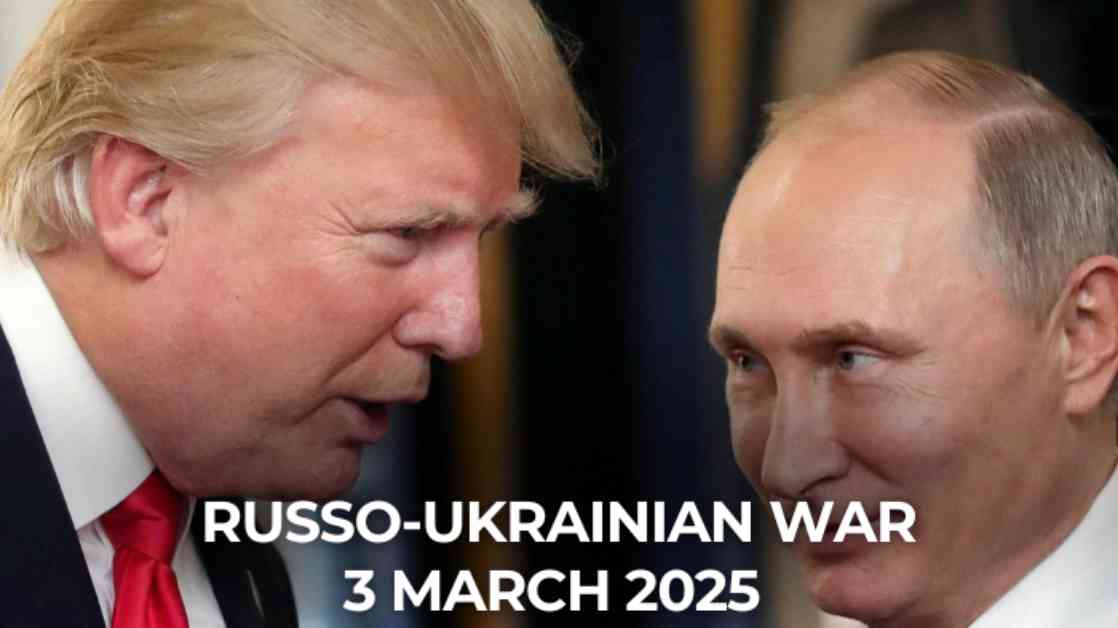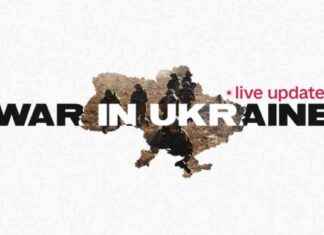The current situation in the Russo-Ukrainian War is rapidly evolving, with Russian forces gaining ground in key regions like Kharkiv, Donetsk, and Russia’s Kursk oblasts. According to the analytical project DeepState, Russian troops are actively establishing fire control over Ukrainian logistics routes in the Russian Kursk Oblast. This strategic move has significant implications for the ongoing conflict and the balance of power in the region.
Frontline reports from Ukraine highlight the intense nature of the fighting, with Ukrainian forces utilizing shock tactics to reclaim vital supply routes near Pokrovsk. Special forces operations in Kotlyne, Donetsk Oblast, have disrupted Russian defensive positions, allowing for successful counterattacks through meticulous house-to-house clearing operations. These frontline engagements showcase the high stakes and fluid nature of the conflict on the ground.
In a significant development, explosions have been reported at a major Russian oil refinery in Ufa, which is crucial for military fuel supplies. The Bashneft oil refinery complex in Ufa is a key asset for Russia’s oil refining capabilities, and any disruption to its operations can have ripple effects on the military’s fuel logistics. The targeting of such critical infrastructure demonstrates the strategic thinking behind Ukrainian military actions.
On the technological front, Ukraine’s drone capabilities have played a pivotal role in the conflict. Reports indicate that Ukraine’s drones have successfully taken offline 53 million tons of Russian oil, crippling 10% of Russia’s refining capacity. This relentless campaign of targeting pumping stations to disrupt crude oil supplies showcases Ukraine’s innovative approach to warfare and its impact on Russian military operations.
In response to the escalating conflict, Ukraine is planning to establish a 15-km unmanned “kill zone” along the Russian front, utilizing surveillance and strike drones to enhance its defensive capabilities. This proactive approach to drone warfare demonstrates Ukraine’s commitment to leveraging cutting-edge technology in its defense strategy.
Intelligence reports have also highlighted Russia’s increasing drone production capabilities, with plans to launch up to 500 drones per day. This development poses a significant threat to Ukrainian forces and underscores the evolving nature of modern warfare in the region. Additionally, the United Kingdom’s decision to supply Ukraine with 5,000 Belfast-made supersonic anti-drone missiles in a $2 billion deal reflects international efforts to support Ukraine’s defense against drone attacks.
As the conflict intensifies, the geopolitical landscape is also shifting. The Trump administration is reportedly drafting a proposal for Russian sanctions relief, signaling a potential shift in US policy towards Russia. This development has sparked discussions among European leaders, with calls for honoring international agreements like the Budapest Memorandum, which committed the US to defend Ukraine’s borders in exchange for nuclear disarmament.
In a show of solidarity, Polish freedom movement veterans have urged the US to uphold its commitments to Ukraine, emphasizing the importance of international agreements in maintaining peace and security. The UK’s support for Lviv’s transformation into a major European transport junction further underscores the collaborative efforts to bolster Ukraine’s infrastructure and connectivity with European networks.
Amidst these diplomatic and military maneuvers, the personal stories of those impacted by the conflict highlight the human cost of war. Witness accounts of journalist Victoria Roshchyna’s harrowing experience in a Russian prison shed light on the brutal treatment of prisoners of war. Environmental damages and humanitarian crises caused by the conflict further underscore the urgent need for a resolution to the ongoing conflict.
As the situation continues to unfold, it is clear that the Russo-Ukrainian War is not just a regional conflict but a global concern that requires collective action and diplomatic engagement to achieve lasting peace and stability. The stakes are high, and the decisions made in the coming days and weeks will have far-reaching consequences for the future of the region and beyond.

















